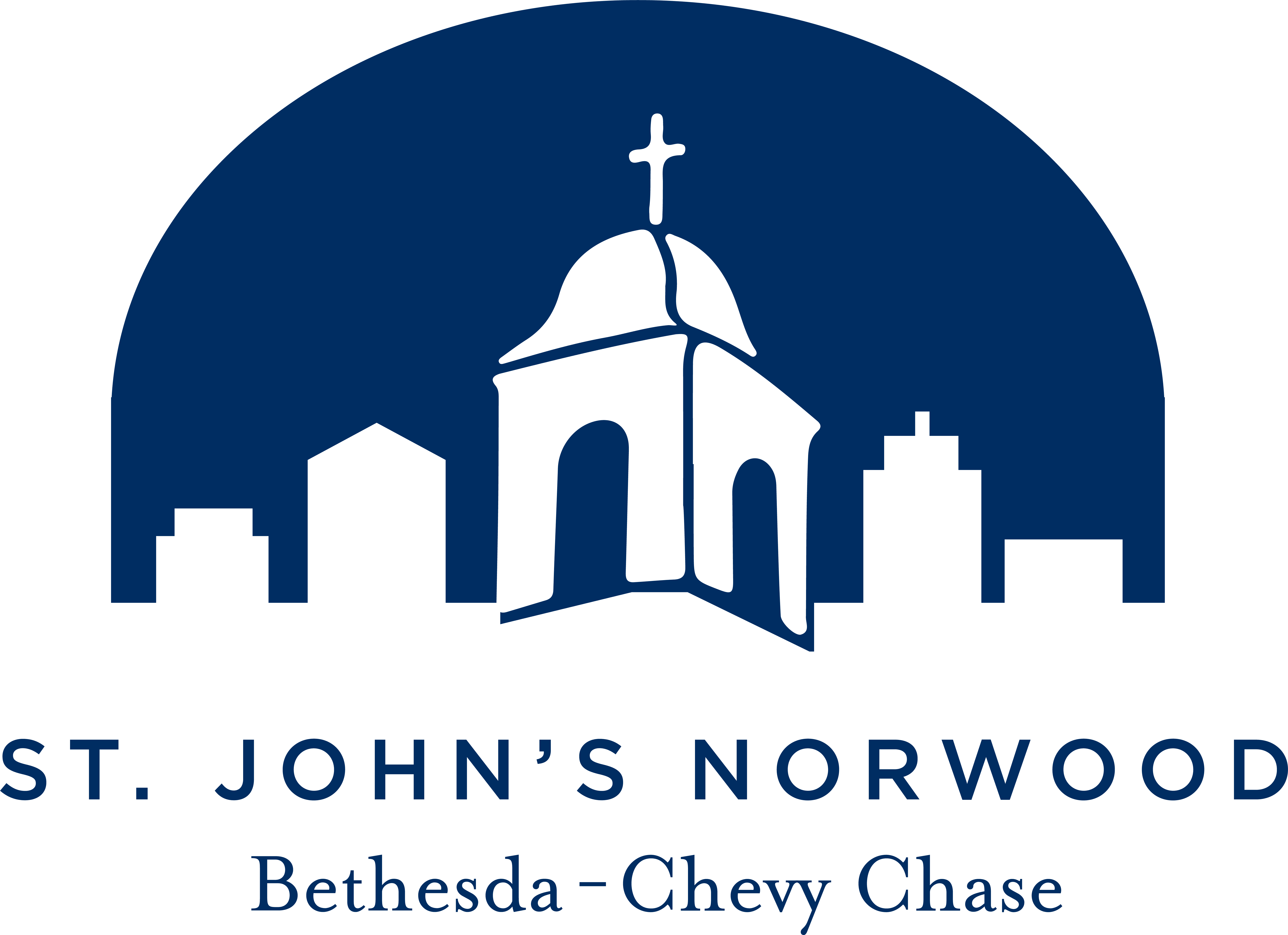A Last Will and Testament distributes property upon your death in the way you wish it distributed. It can appoint a guardian and trustee for your minor child; it appoints an executor or personal representative to handle your estate; it can in some circumstances be fashioned to reduce “death” taxes; it can provide for charitable bequests; it can establish trusts that operate after one’s death. It should be carefully prepared and must be executed in a formal manner.
DONATE
Legacy giving
Your gift shapes a future where our mission thrives for generations.
Envisioning Tomorrow Together
Creating enduring impact with legacy giving
Discover the profound impact of legacy gifts and how they support the growth and vitality of our church’s future.
We’ve prepared resources and FAQs to guide you through the process, making it easier for you to organize and express your intentions. We're also sharing a link to a Booklet prepared by the Episcopal Church Foundation entitled Planning-for-the End-of Life.
Whether it's leaving a bequest, creating an annuity, or establishing a charitable trust, every legacy gift is a cornerstone for tomorrow’s St. John’s.
EXPLORE THESE FREE RESOURCES:
ensuring a sustainable future for st. john's
What is Legacy Giving?
For organizations like St. John's, legacy gifts are a vital source of support that can fund essential programs, endowments, and long-term projects. They ensure the sustainability and growth of the organization, enabling it to continue its mission and serve its community for generations to come.
ensuring a sustainable future for st. john's
The Norwood Guild
The Vestry created the Norwood Guild to honor those who make Legacy Gifts to St. John's. Unless donors prefer to stay anonymous, we will periodically acknowledge them in the Sunday bulletin, Crossroads, and other St. John’s publications, as well as during various church activities. Additionally, we've introduced a distinct honor, The Norwood Saints, to celebrate parishioners who've bequeathed legacy gifts to us post-humously.
complete the Norwood Guild Acknowledgement form to notify us of your legacy gift:
frequently asked questions
Here are answers to commonly asked questions about legacy giving.
A living will, sometimes called “health care directive” or advance medical directive, is a completely different document from a last will and testament. A living will does not distribute property and has nothing to do with probate. A living will allows a person to state his or her preferences as to the type of medical life support, if any, to be employed if one has a terminal condition, and no reasonable prospect of recovery. When one is in such a condition and cannot express his or her wishes himself or herself, the living will becomes a guide to the family and to attending physicians as to how to proceed. With a living will, one can also execute a durable power of attorney for health care. This designates someone to make health care decisions in the event of incapacity.
Probate involves the opening of an estate in the county or city where a deceased person was a resident at the time of death. If the deceased left a will, the will is filed in the probate court. Assets of the deceased are appraised, claims of creditors are collected and paid; and taxes, if any, are paid. A will can be challenged in probate court. Eventually assets of the deceased are distributed according to the will or in accordance with state law.
If you die without a will, your property will be distributed according to the intestate succession law of the state where you were a resident at the time of your death. You should consult an attorney for review and interpretation of your state’s intestate succession law. Generally intestate succession statutes distribute property to spouses, children, grandchildren, parents, and then to aunts, uncles, cousins if there is no immediate family.
In many cases, probate can be limited or avoided by, among other means:
- Establishing a revocable trust
- Holding property jointly
- Establishing beneficiary designations for accounts and insurance policies.
The wisdom and method of avoiding probate depends on the individual situation and should be carefully discussed with your estate-planning attorney.
A revocable living trust is a trust created during one’s lifetime that is intended to limit or avoid probate. Assets, including real estate, are transferred into the trust, but the creator of the trust maintains complete control of the assets as trustee during his or her lifetime. Upon the death of the creator, a named successor trustee takes over, and distributes the assets according to instructions left by the creator. There is no probate involved. Many people prefer revocable living trusts because there is no probate, and no public filing of the trust or of an estate
'Death taxes' can consist of either estate taxes or inheritance taxes. Bequests and inheritances are not income for income tax purposes. Estate taxes are imposed on the value of one’s holdings at death, usually including both probate and non-probate assets, before distribution to heirs or beneficiaries. Inheritance taxes are imposed on the recipient of a bequest or inheritance, not on the estate.
Imposition of these taxes to some extent depends on the state of your residence and the familial relationship of the recipient of your assets. Historically, there has been a large exemption before federal estate taxes are imposed, but in some states, like Maryland, there is a much smaller exemption for estate taxes.
Bank accounts, real estate, and other assets that are held as joint tenants with another person or as tenants by the entirety with a spouse, do not pass under a will or intestate succession statute. These assets automatically become the property of the surviving joint tenant/tenant by the entirety upon death. A will cannot change this distribution.
This is a document in which you designate an agent to sign documents for you, and otherwise act on your behalf if you are ill or incapacitated or otherwise unable to act on your own behalf.
It is common for an individual to name a beneficiary on a bank account, IRA, retirement account, or 401K. Once again, the institution will only pay the funds to the named beneficiary. A will or trust provision does not change such a beneficiary designation. One must go to the institution to change his/her beneficiary designation as desired.
Disclaimer: No attorney-client relationship created. Use of this information does not create an attorney-client relationship. This document is not intended as a solicitation, nor should any information provided be considered legal, nor investment advice.
Learn more about Legacy Giving
Complete this form to learn more about Legacy Giving. Your message will be sent to parishioner Earle O'Donnell, St. John's Legacy Giving Advisor.
ensuring a sustainable future for st. john's
Learn more about Legacy Giving
Complete this handy form to connect with us to discuss Legacy Gifting or call 301.654.7767.
expand your impact
Discover more ways to support St. John's
Looking for other ways to provide financial support to St. John's? Check out these options:
Online Donations
Point, click, give.
Stock Gifts
Make a stock gift to St. John's.
GIVE US A TEST DRIVE
Join us for a Sunday Service
We offer five Sunday Services that offer a variety of ways to renew our connection to Jesus Christ, unite our voices in prayer and song, and to listen and learn what God has in store for us. Whether you attend to feel the energy in person or view our livestream on a laptop in Costa Rica, we invite you join us in worship however you're able.
let's stay in touch
Sign up for our weekly newsletter, Crossroads
Sign up for our newsletter and get good news delivered straight to your inbox every week. Get inspired by the incredible stories of our members who bring God's love to life each week – and get involved in one of the many events or committees at St. John's.


